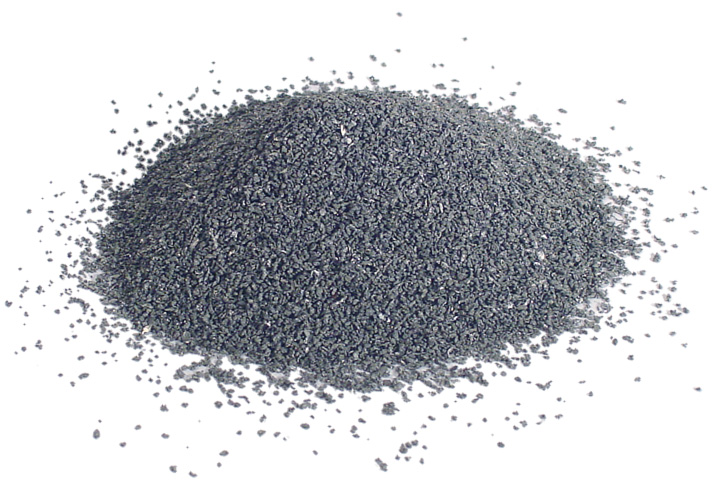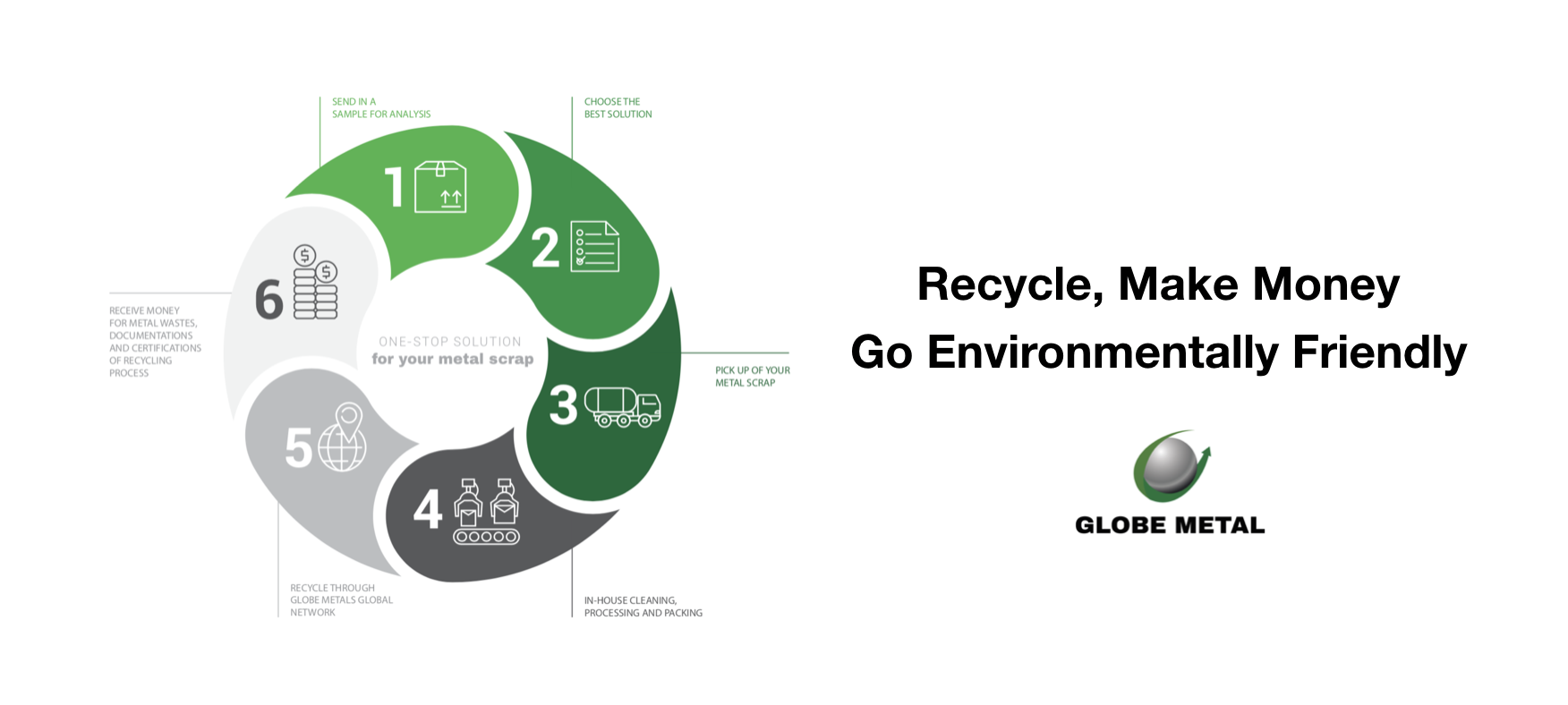On a global scale, current data indicates that for widely used metals such as aluminum and steel, the recycling rate is approximately 75%. This translates into 45% of the world’s steel production and 30% of aluminum world production coming from recycled metals. The benefits of using secondary raw materials impact the environment and the economy in a very positive way. The processing of secondary metals uses significantly less energy than primary virgin ore. For example, approximations of energy conserved when using secondary sources is:
- 60% for iron and steel
- 95% for aluminum
- 90% for copper
Not only does secondary metal processing use considerably less energy, but it’s also less water-intensive, creates much fewer production by-products such as smelter slimes, tailings, and most importantly, less greenhouse gases. Considering the large environmental impacts of primary metal production processes, metal recycling offers a stream of benefits such as energy conservation, natural resource conservation, and reduced greenhouse gas emissions. Since many metals have an endless recyclable capacity, meaning they can be reused again and again — keeping their internal structure intact without losing integrity — they contribute greatly to natural resource conservation. Metal recycling is extremely valuable in meeting all the objectives to create a future that is both economically and environmentally sustainable.
Manufacturing and industrial plants are associated with many waste by-products. If not recycled or properly disposed, they have significant effects on the environment. One issue is they take up space in landfills that could be used by other non-recyclable waste. Not only does solid waste create negative environmental impacts, but also the economics of disposal are playing a critical role than ever before. The finances of waste disposal has motivated some big players, like General Motors (GM) the automaker giant, to start viewing waste as something not to be thrown away, but as a ‘resource out of place’. In 2013, GM increased revenues by a rousing $1 billion dollars by recycling and re-using their materials that otherwise would have been sent to a landfill by finding ways to re-use the materials or selling it to someone who could use them. Today, worldwide, 90% of GM’s manufacturing waste is recycled or re-used. They have been spreading this gospel of recycling and zero-waste manufacturing for other companies and industries to follow with this downloadable blueprint.
Recycling can be challenging. We understand there is just not one approach that fits all when it comes to recycling in the manufacturing and industrial industries. Having over 40 years of experience and a reputation in the industry, we can help you turn your waste product into a commodity that generates another revenue stream. Whether it’s supplying metal recycling equipment or other logistics services, through our partnership, you can lower both your financial and environmental costs. We can assist you in taking the guesswork out of specific waste materials such as the ones in the form of powders and overspray chips. For example, filter cakes from plating facilities contain nickel and zinc, wire drawing-copper sludge contains tin, and coatings and hard facing contain nickel, tungsten, cobalt, titanium, and aluminum. The recovery of different metals has a general minimum that can be typically recovered on a dry basis and is contingent on some factors, which includes no major contaminants. They are: Nickel 5%-10%, Molybdenum 7%-8%, Tungsten 10%, Copper 10%, Chrome 30%, Cobalt 5%, Vanadium 10%, Zinc 40%, Titanium 50%.
Many industrial and manufacturing plants produce many products using unique materials. If you have an industrial waste by-product, give us a call, and we’ll help you to minimize your waste and increase your bottom line.





